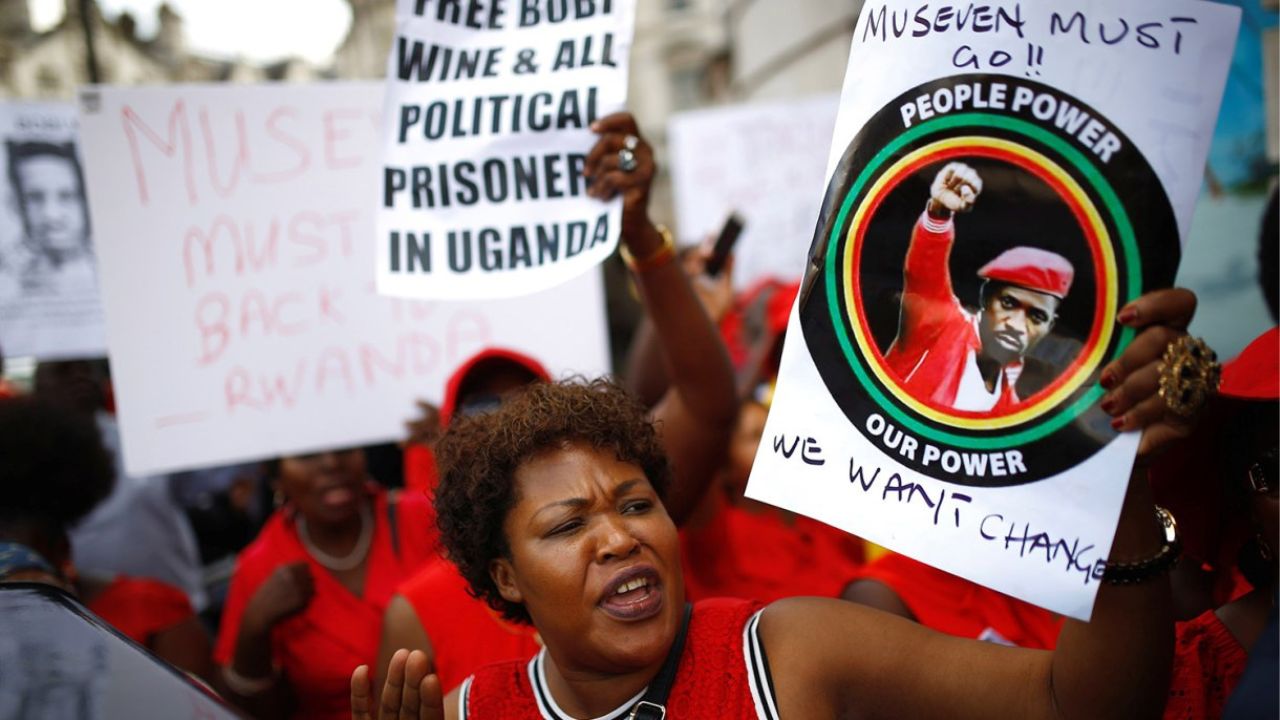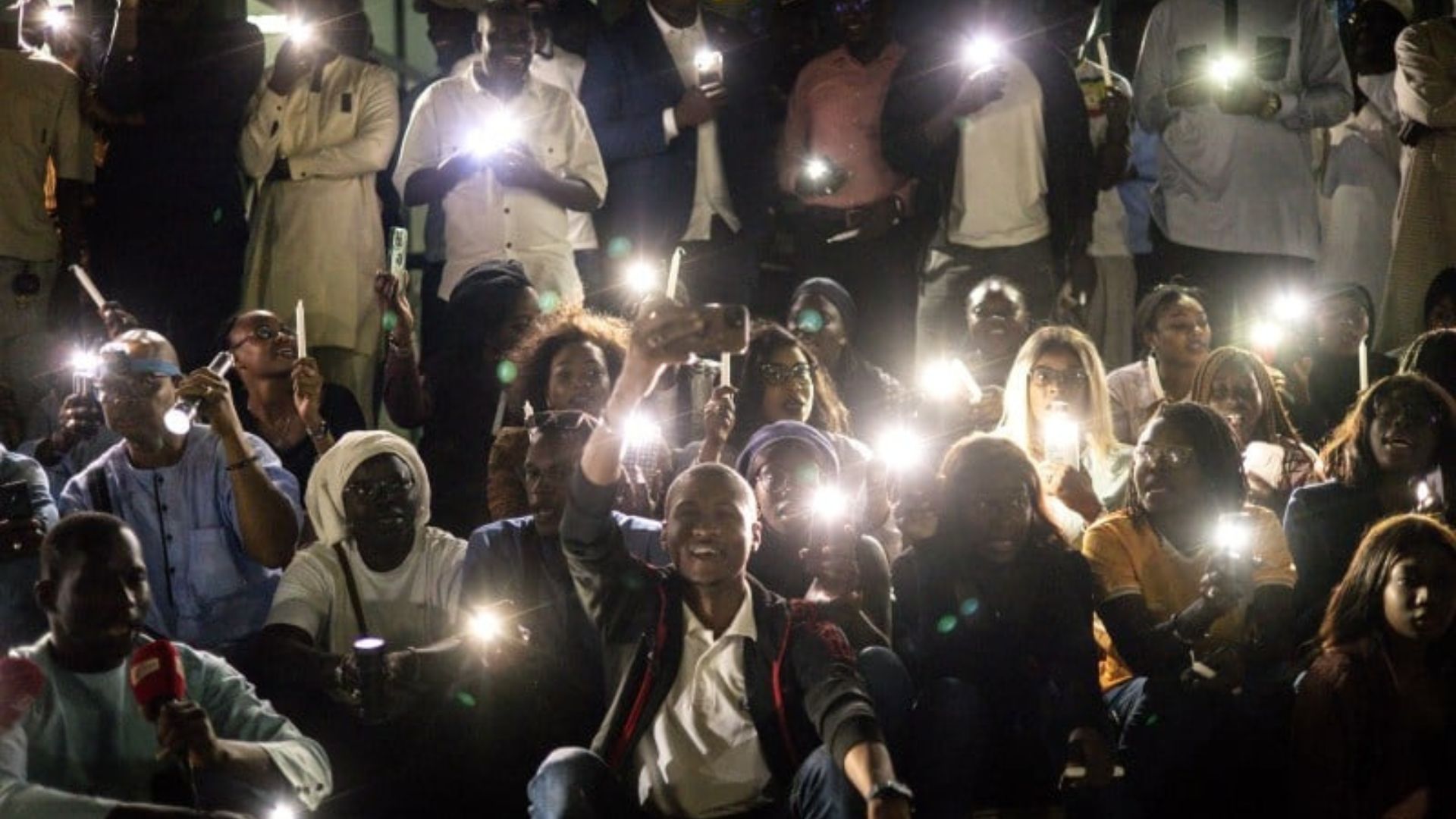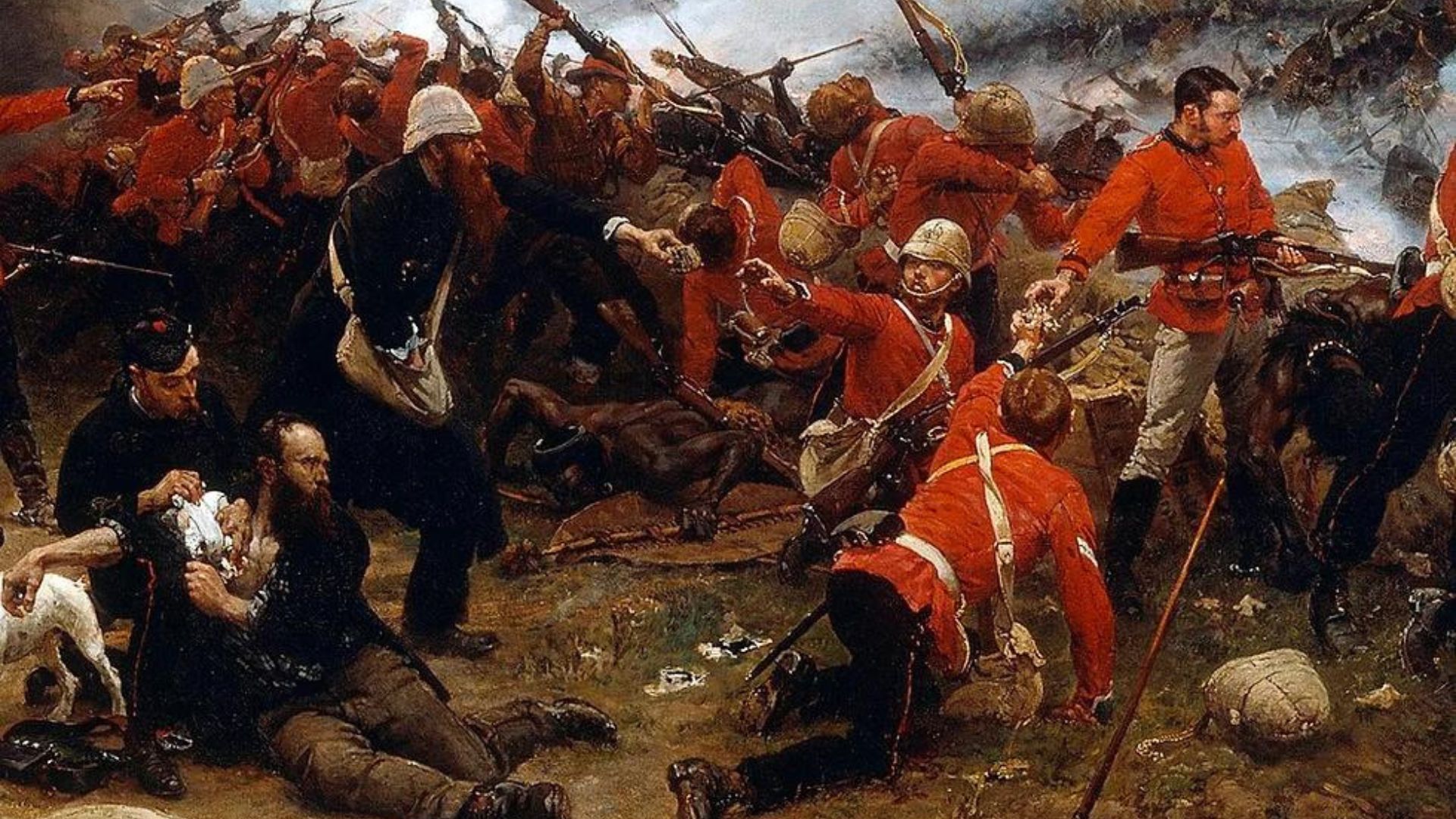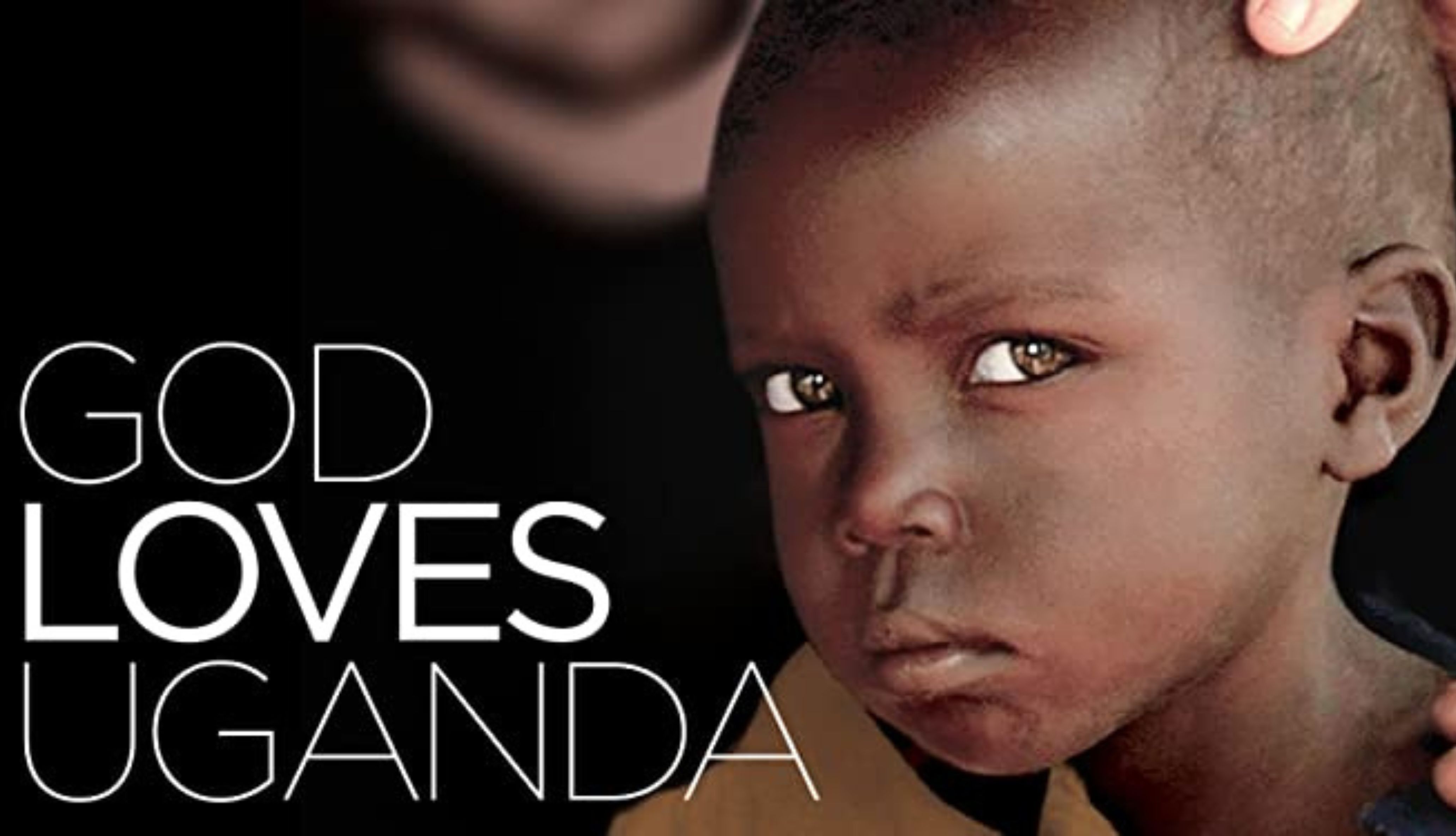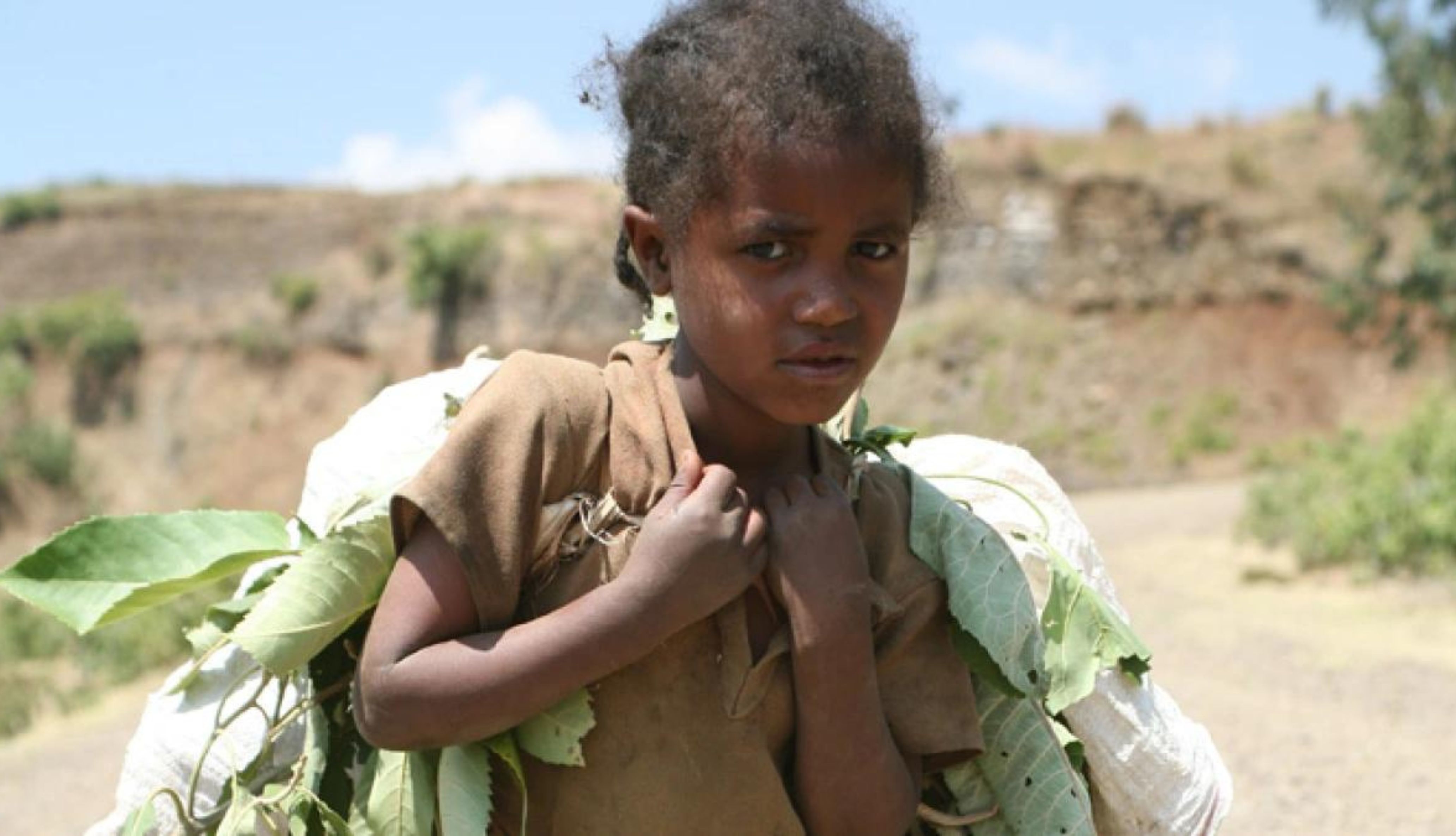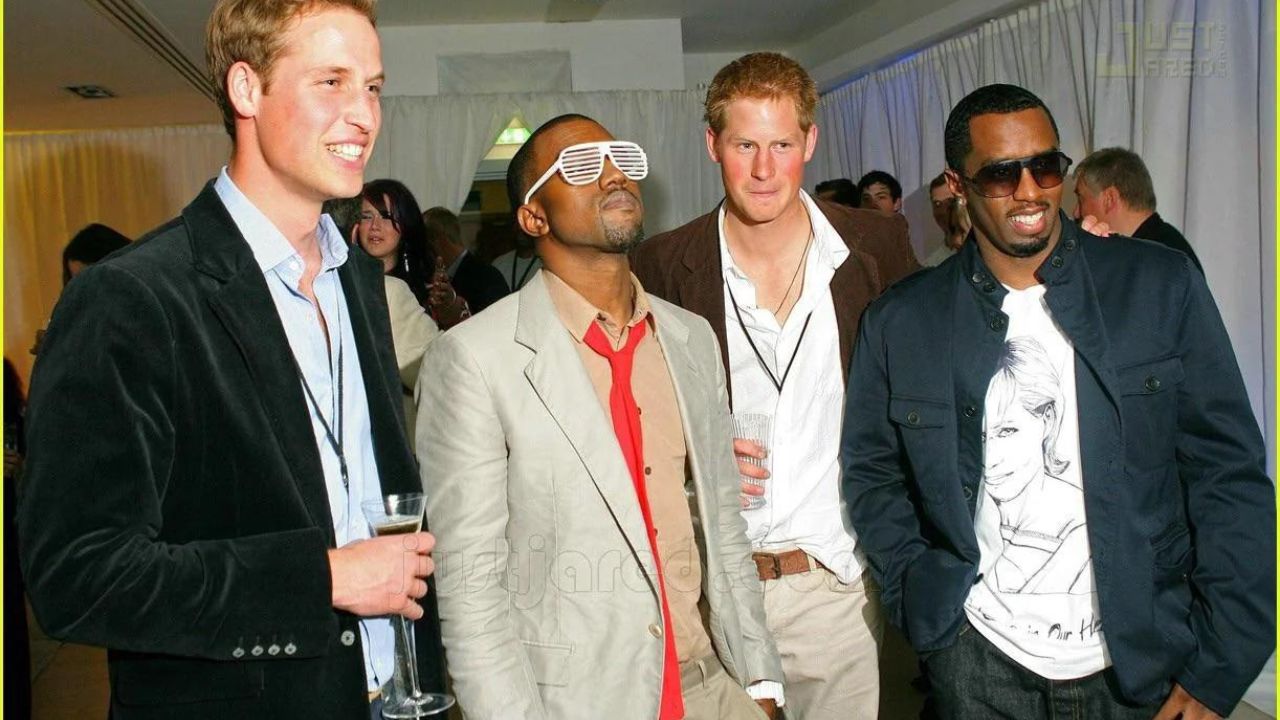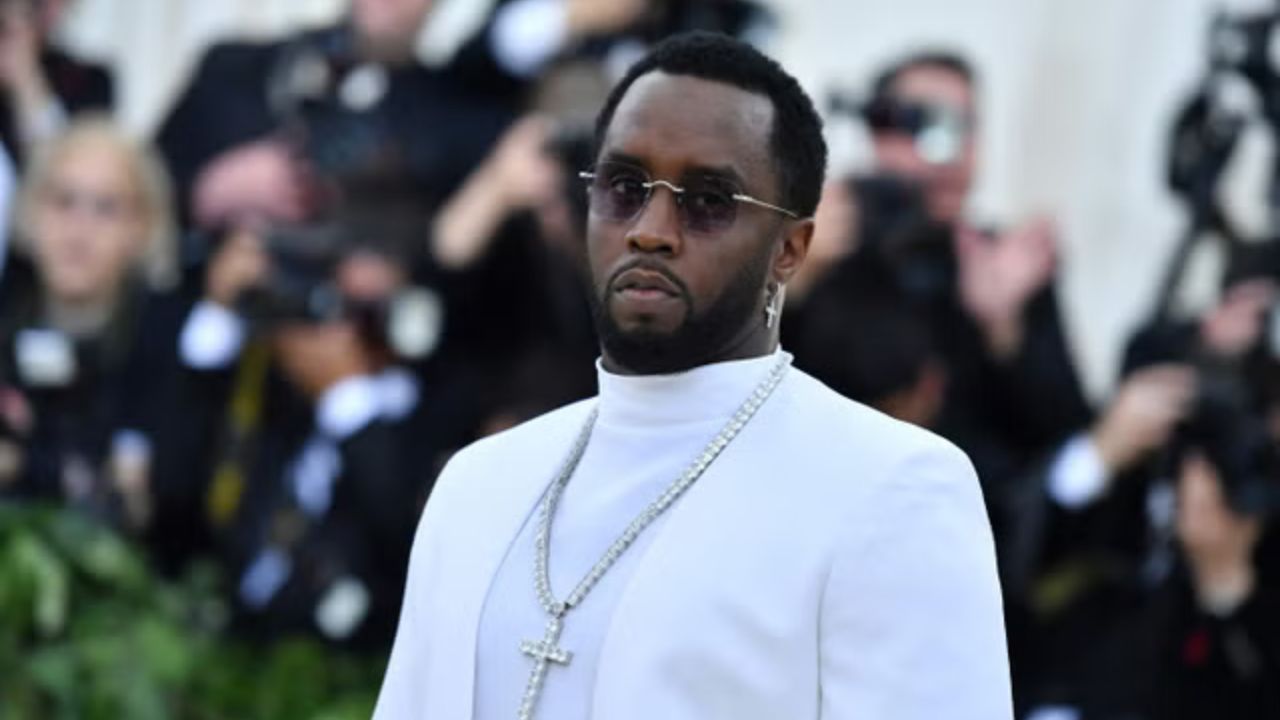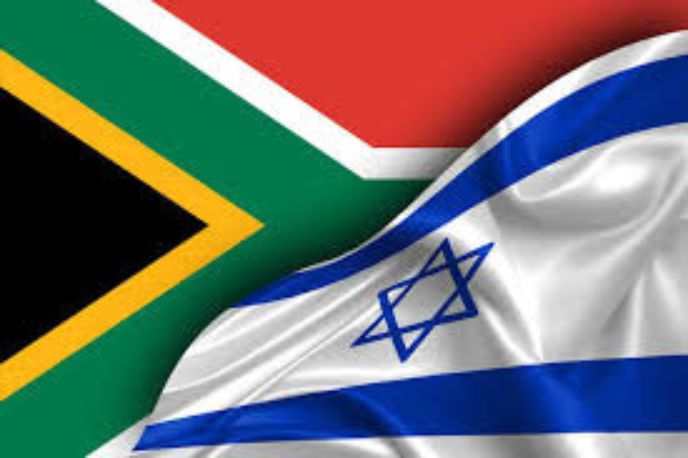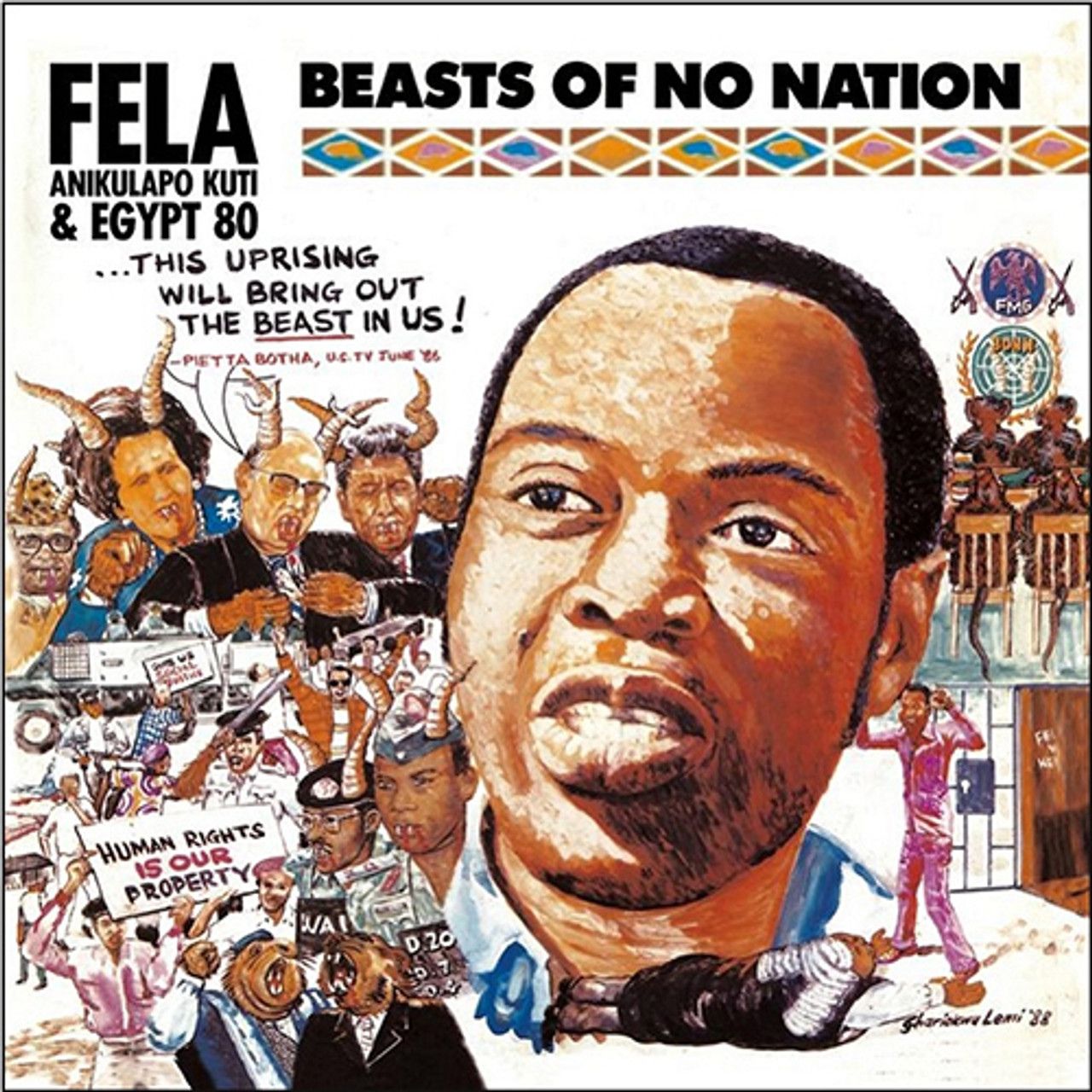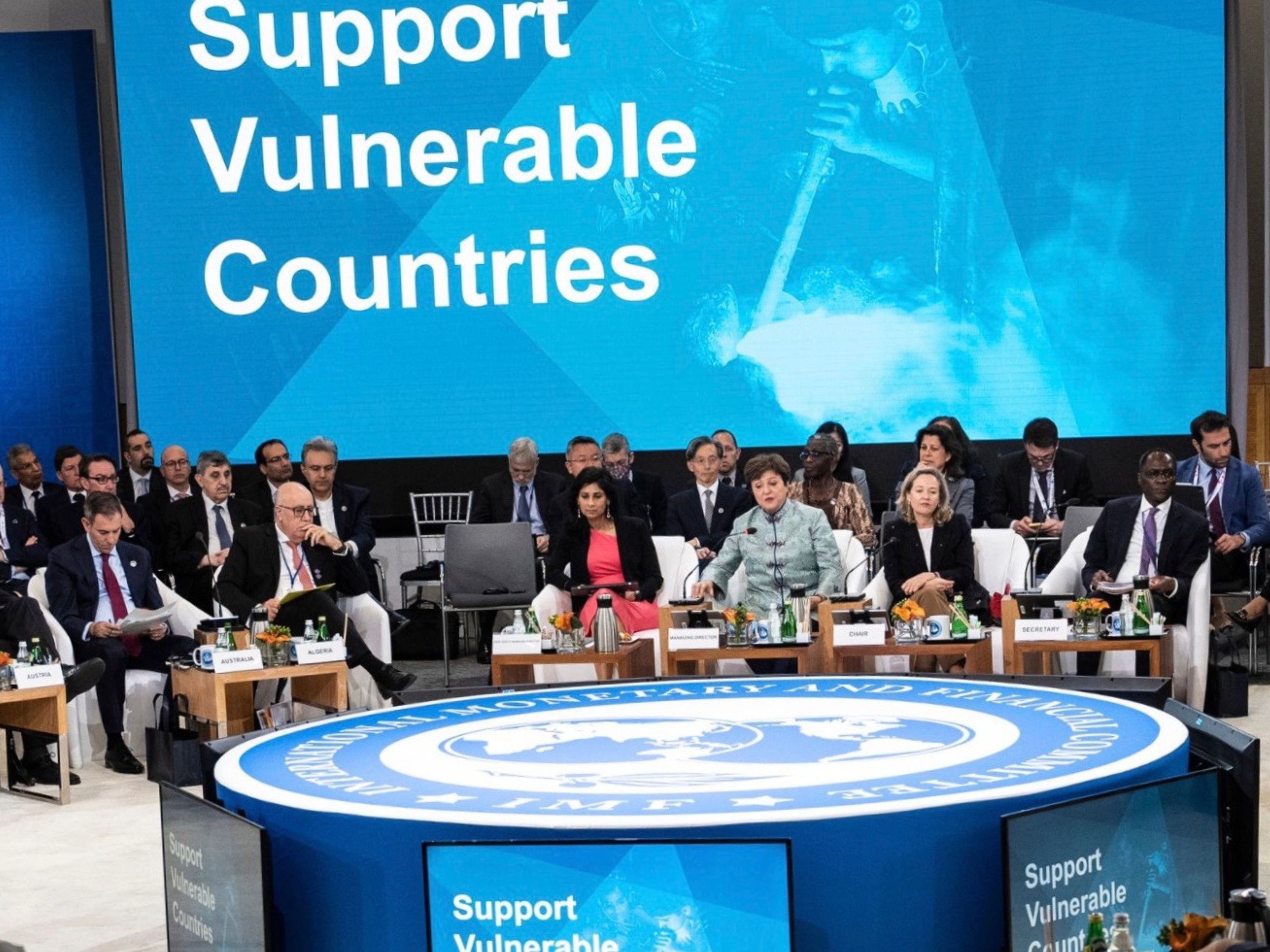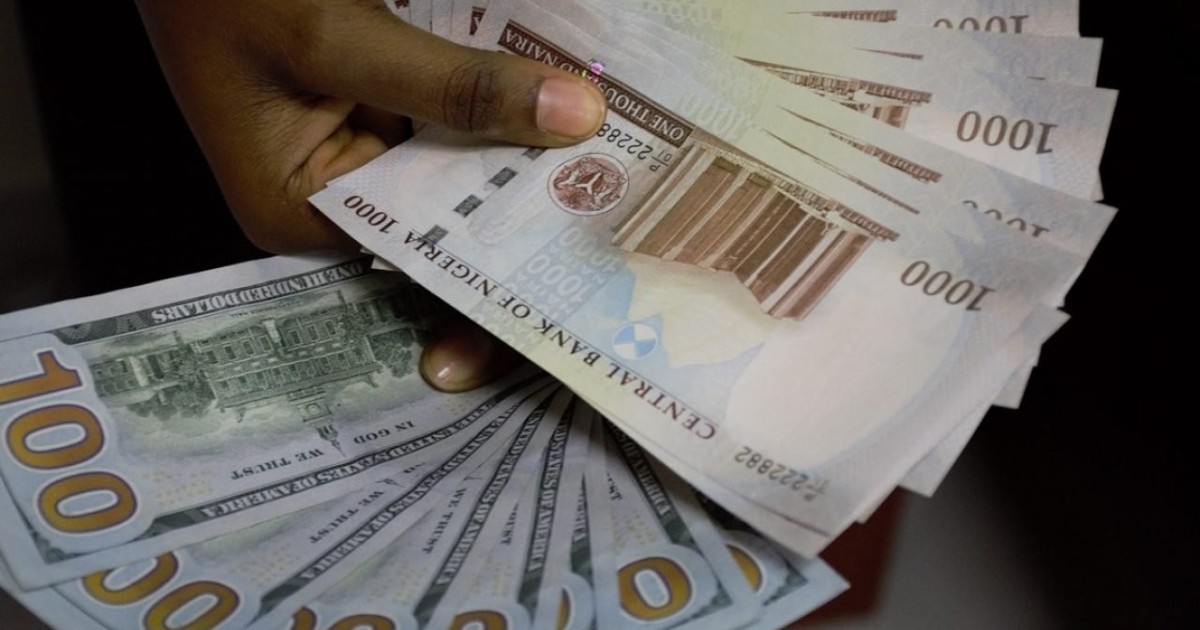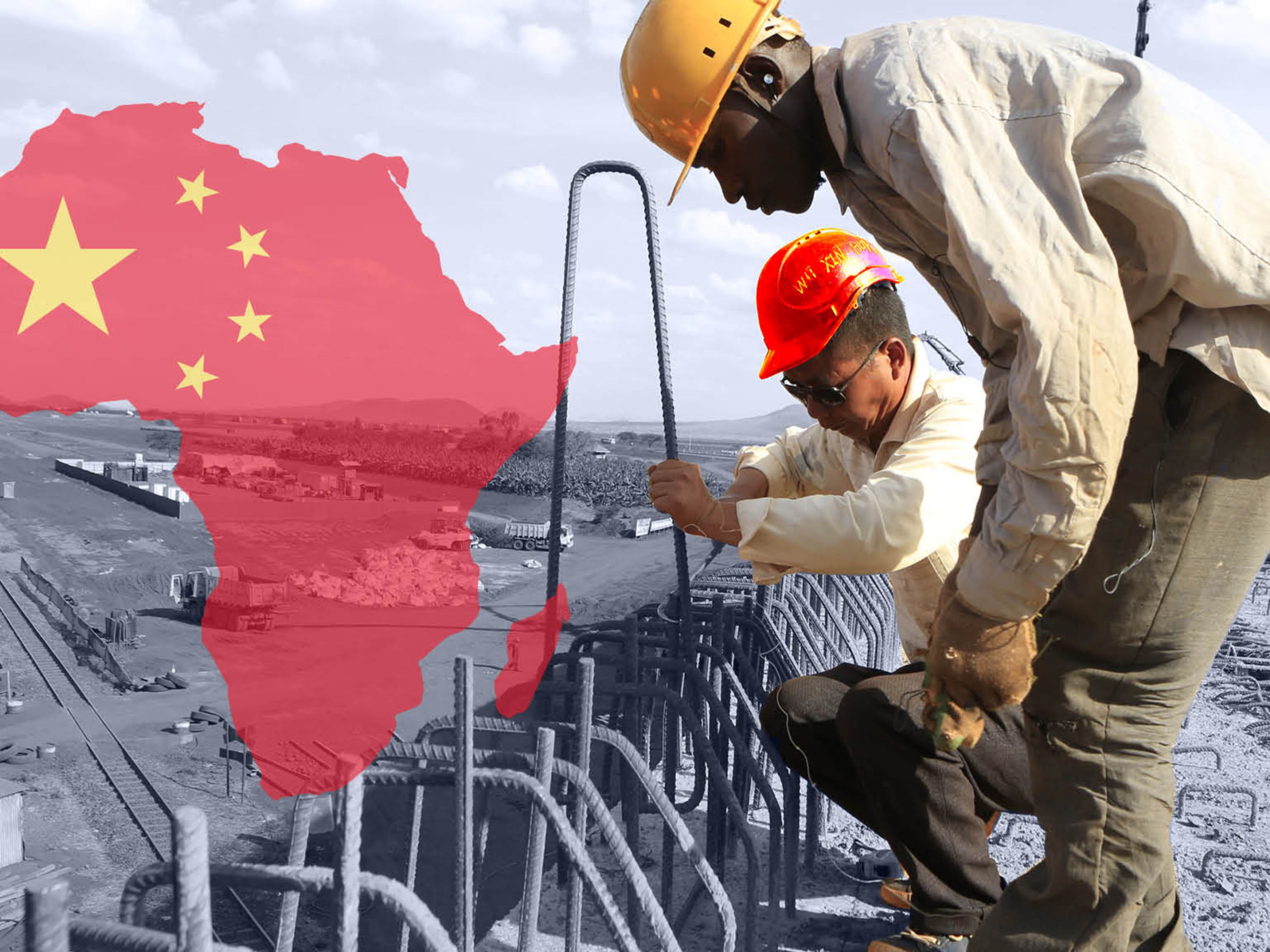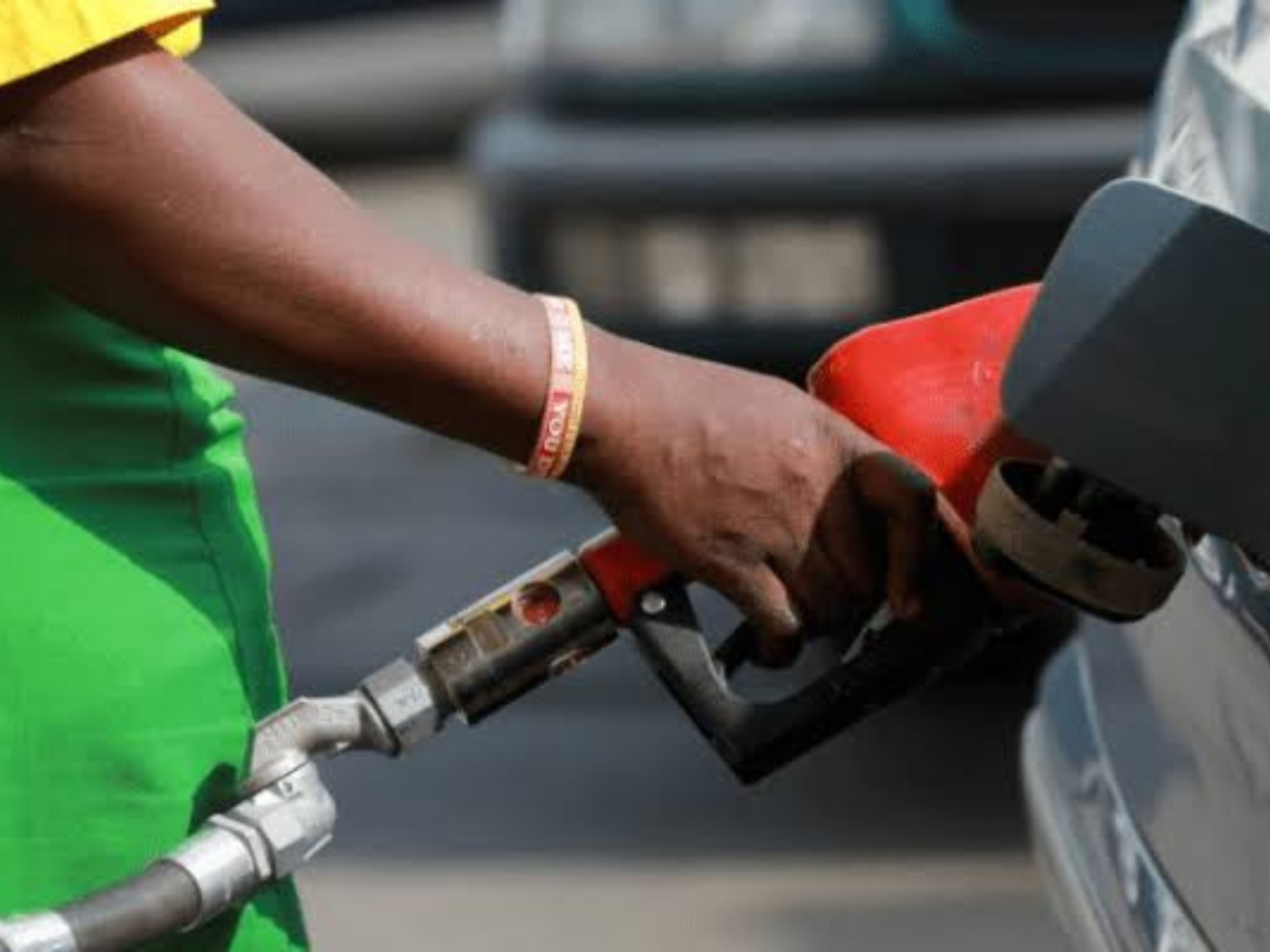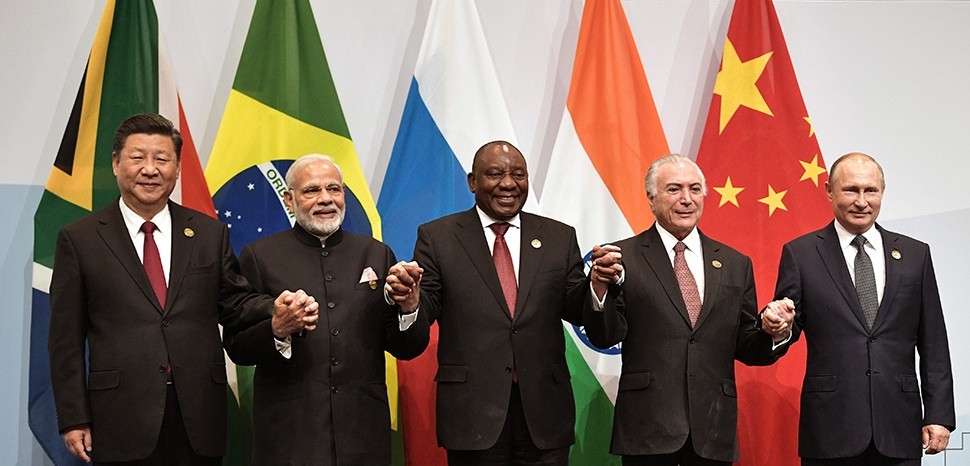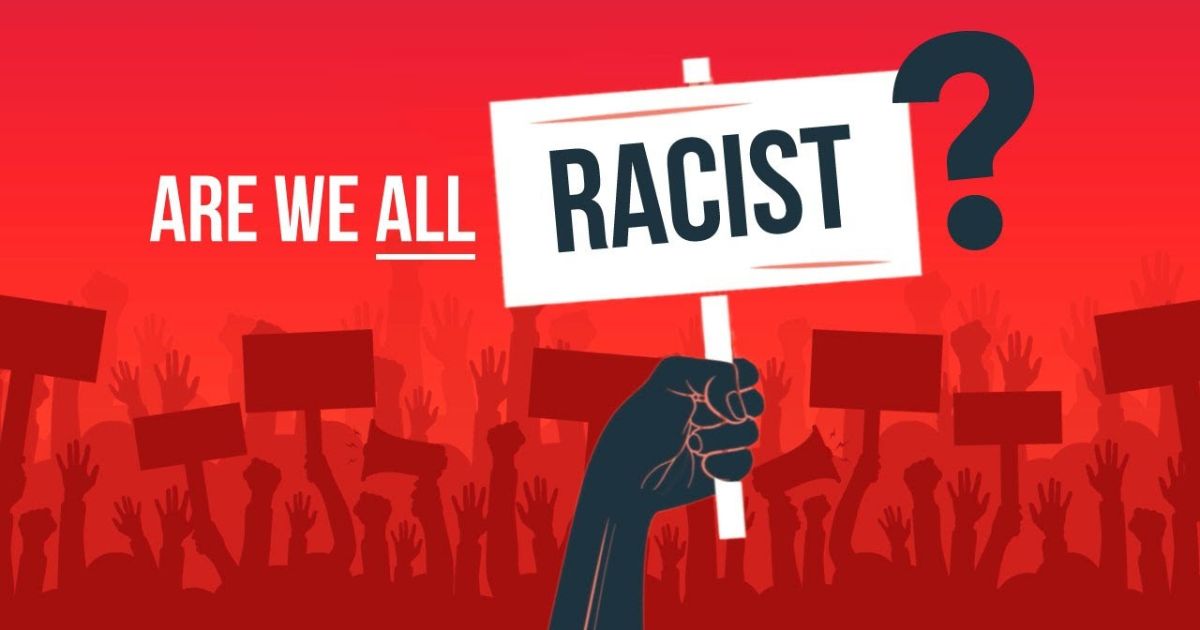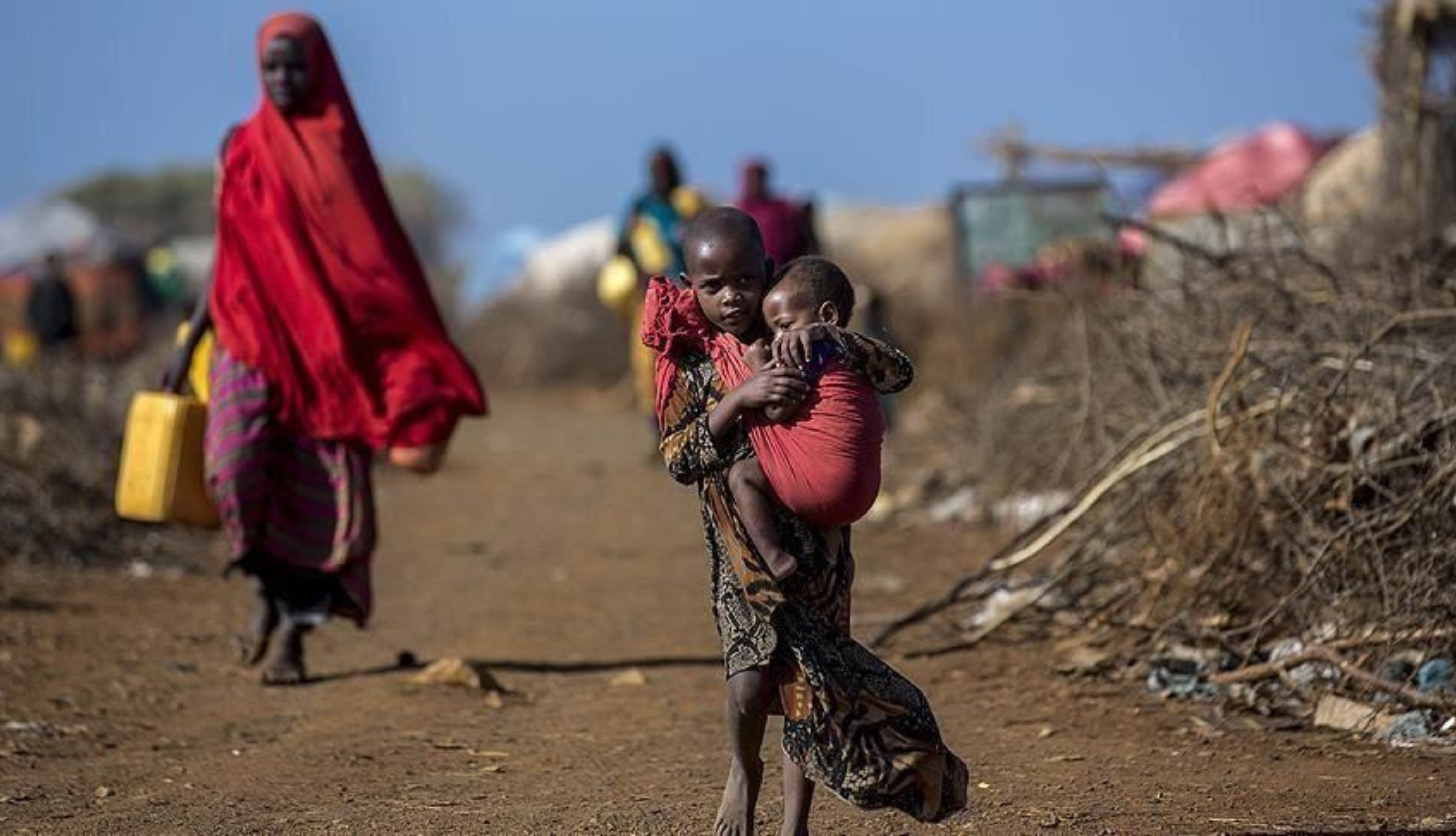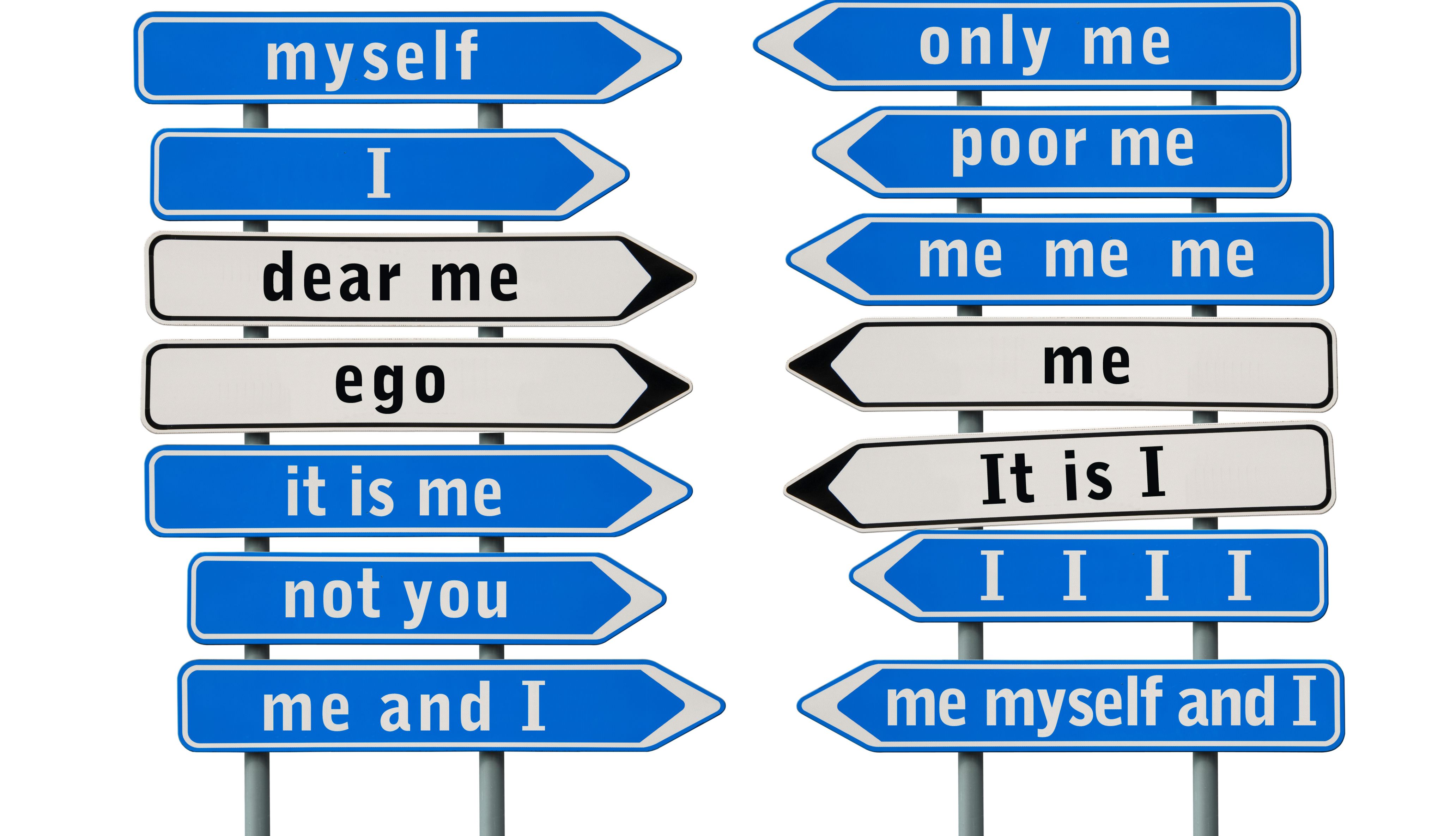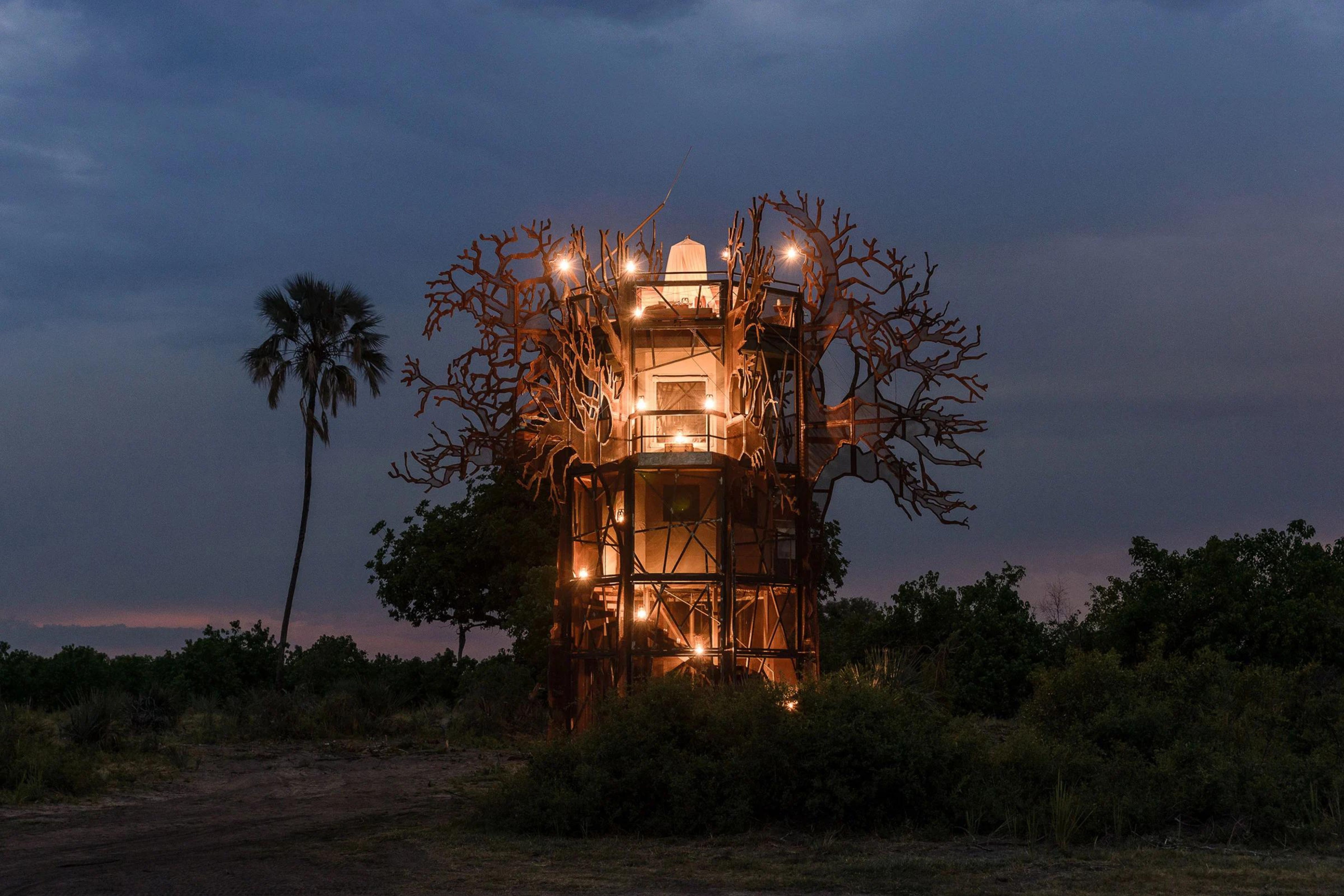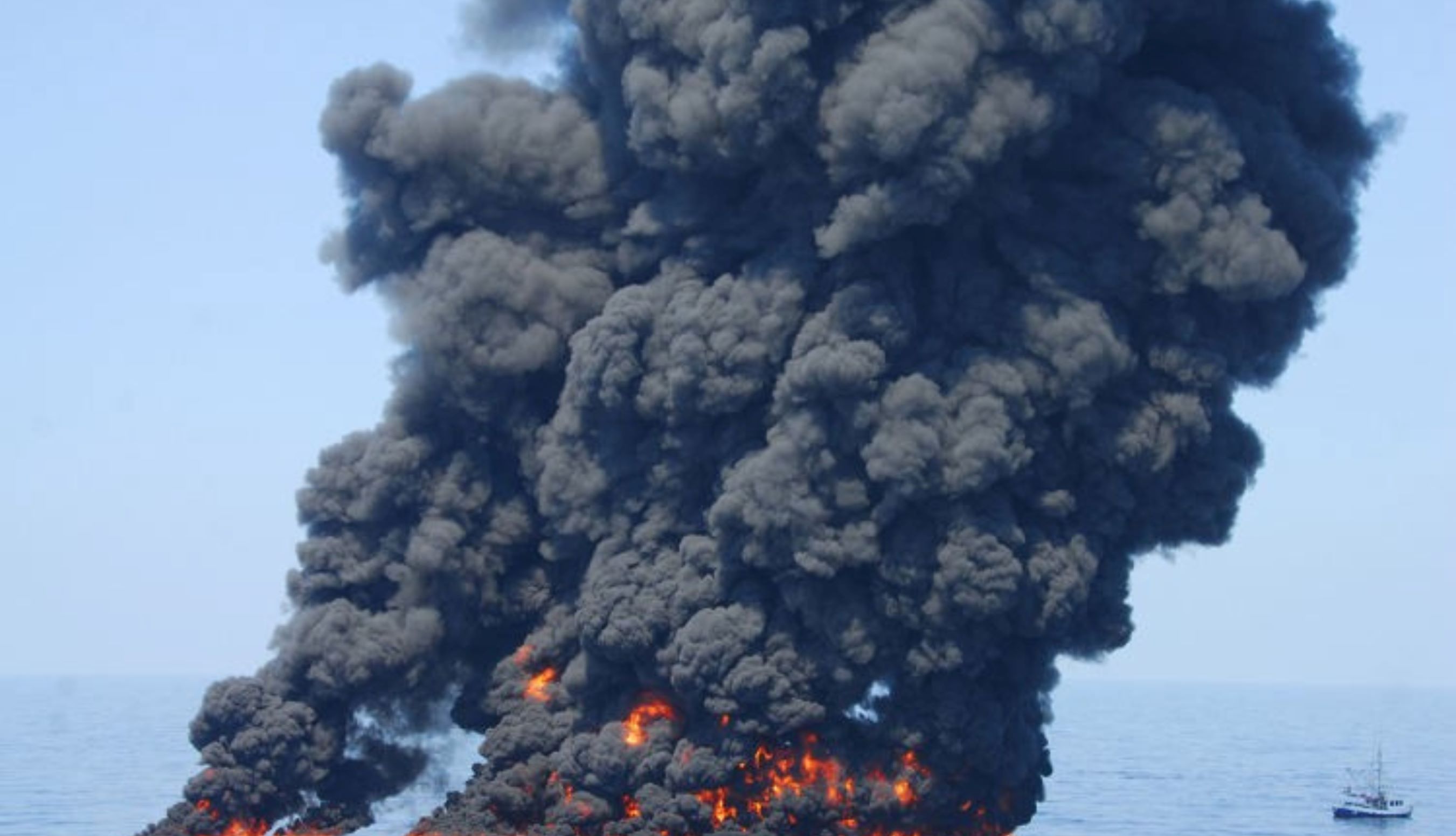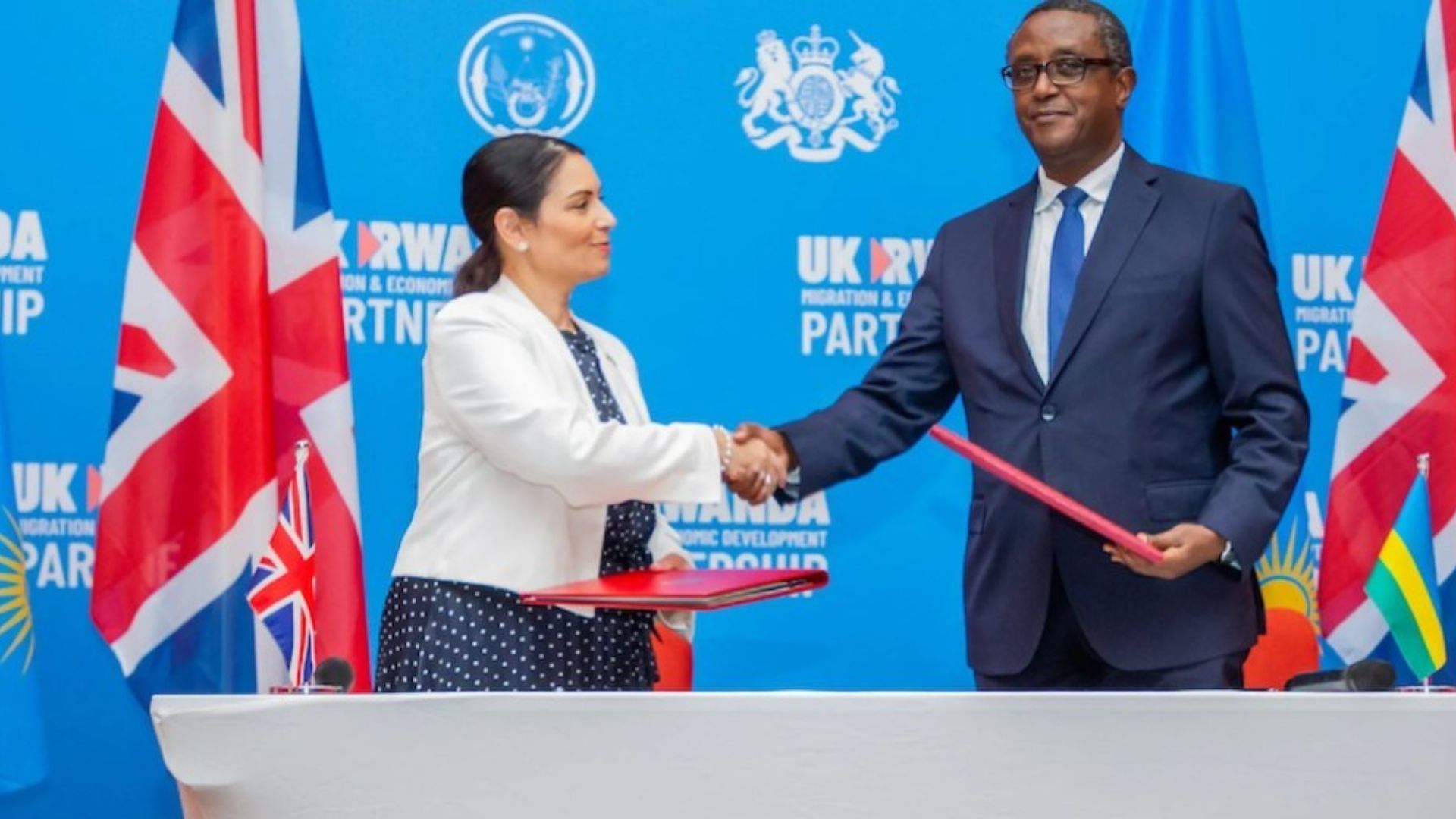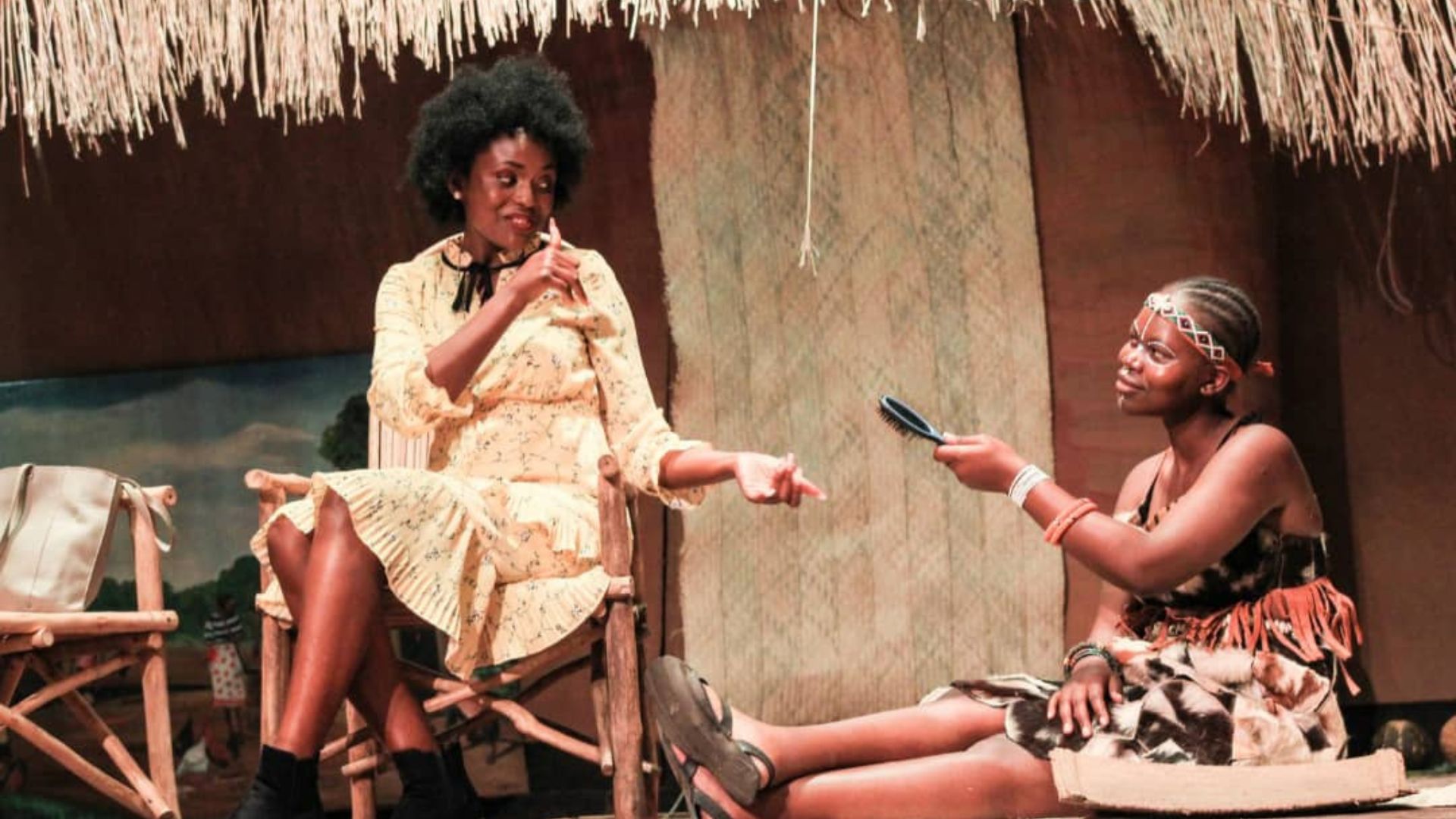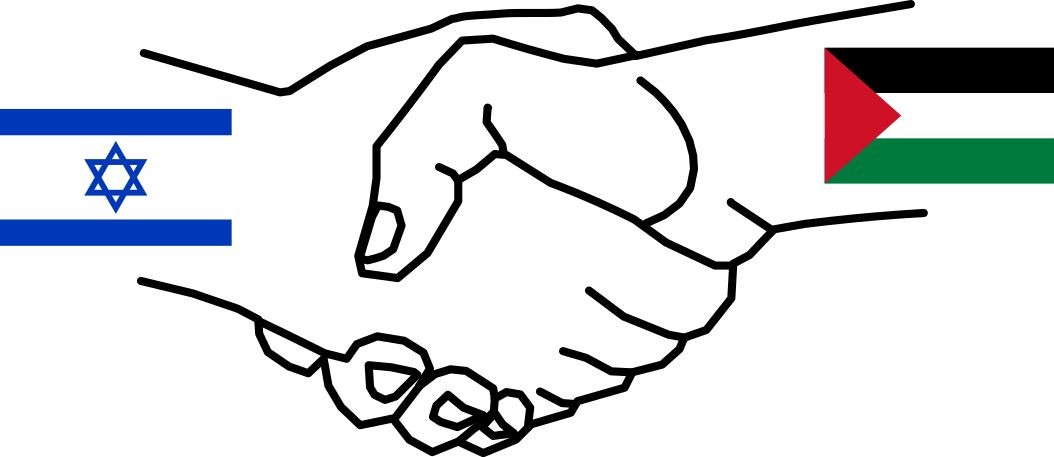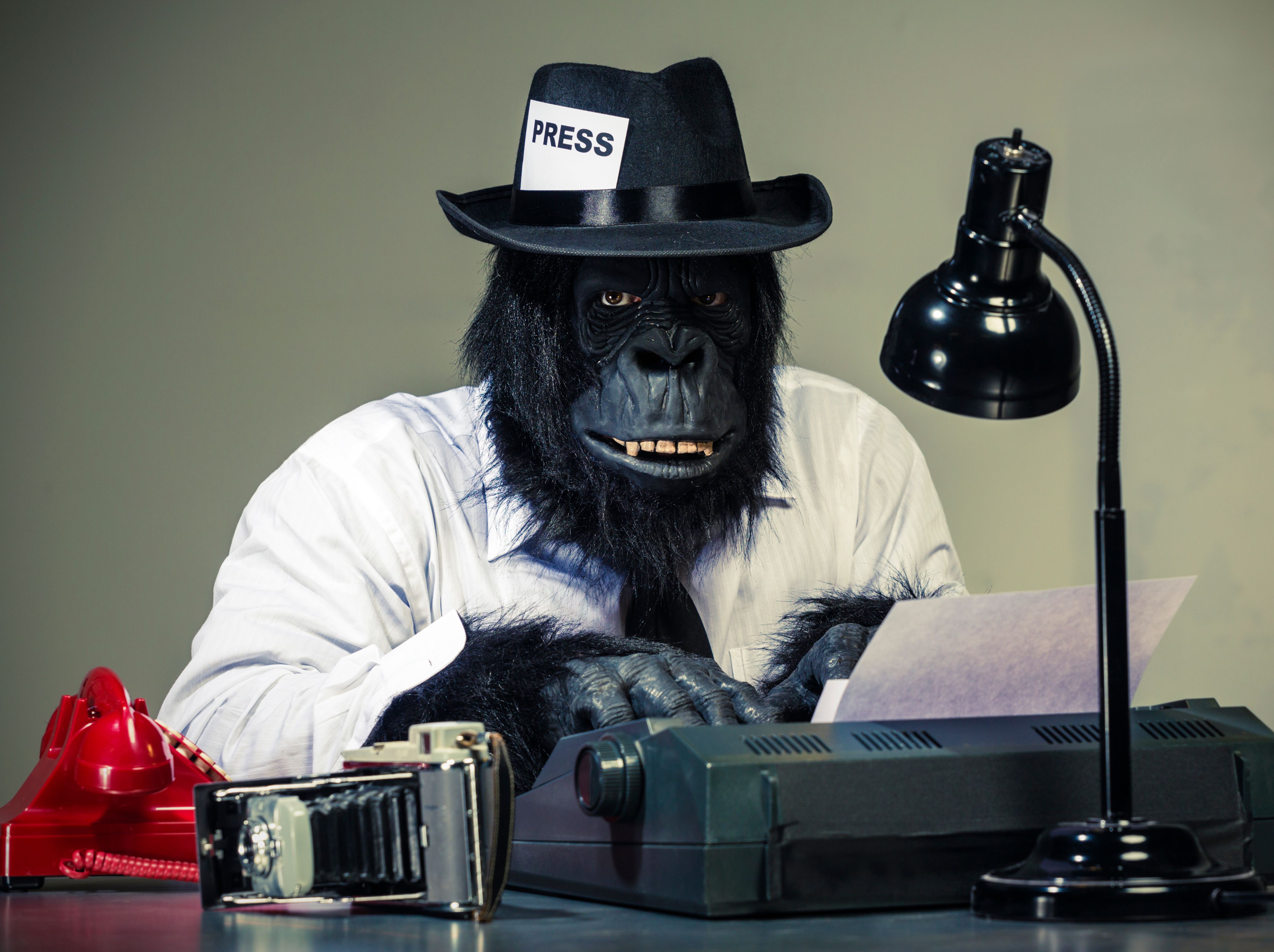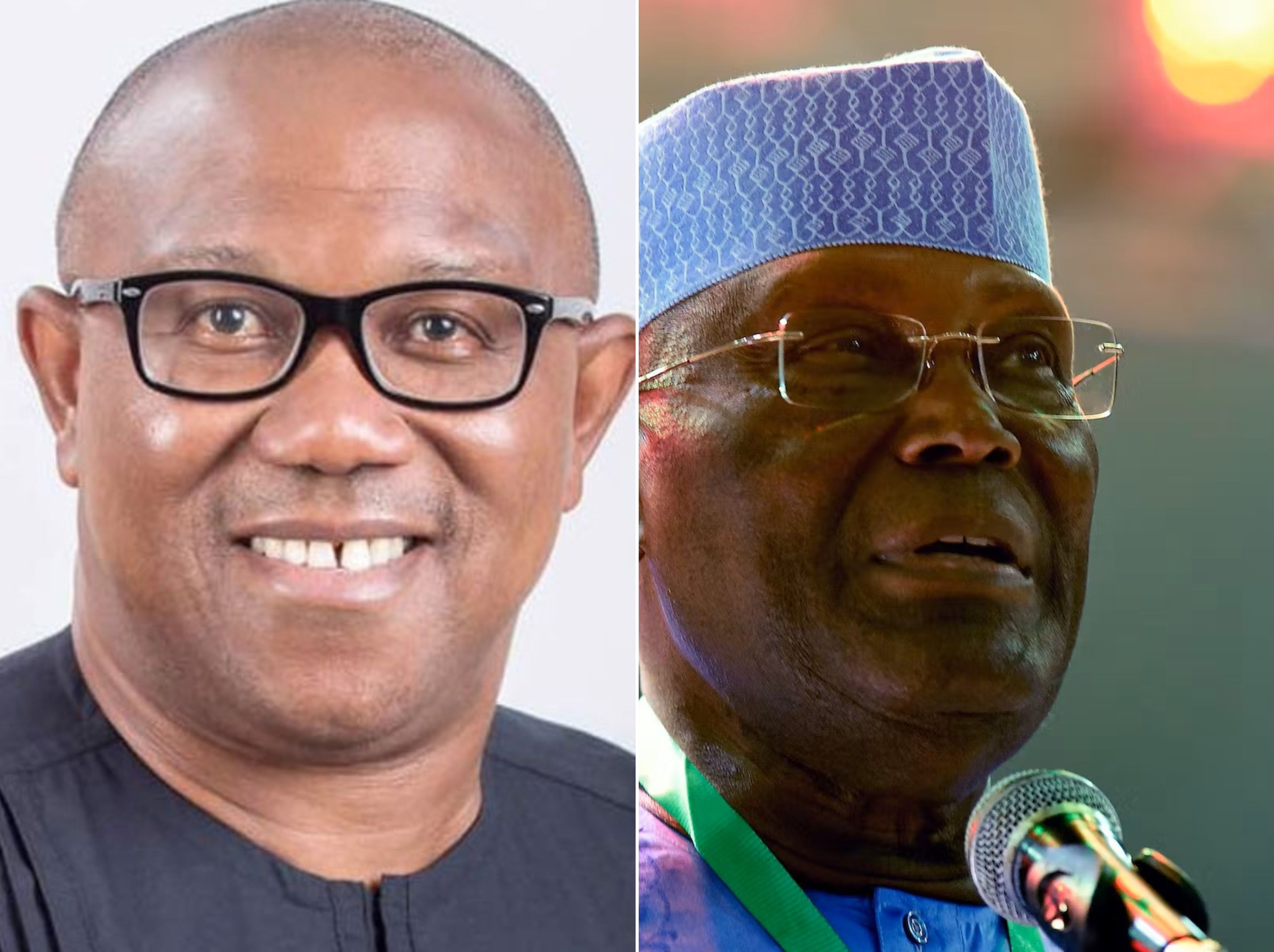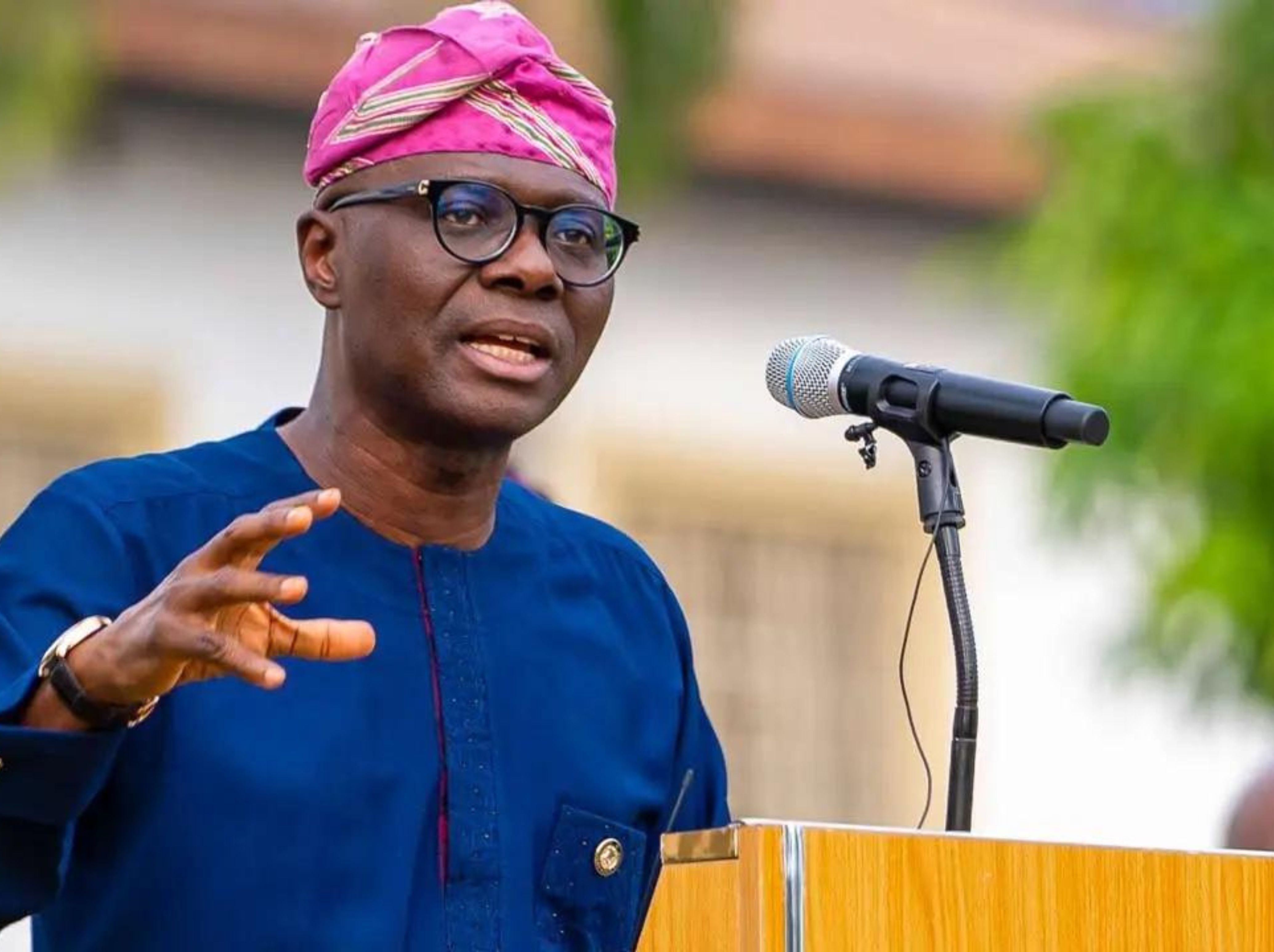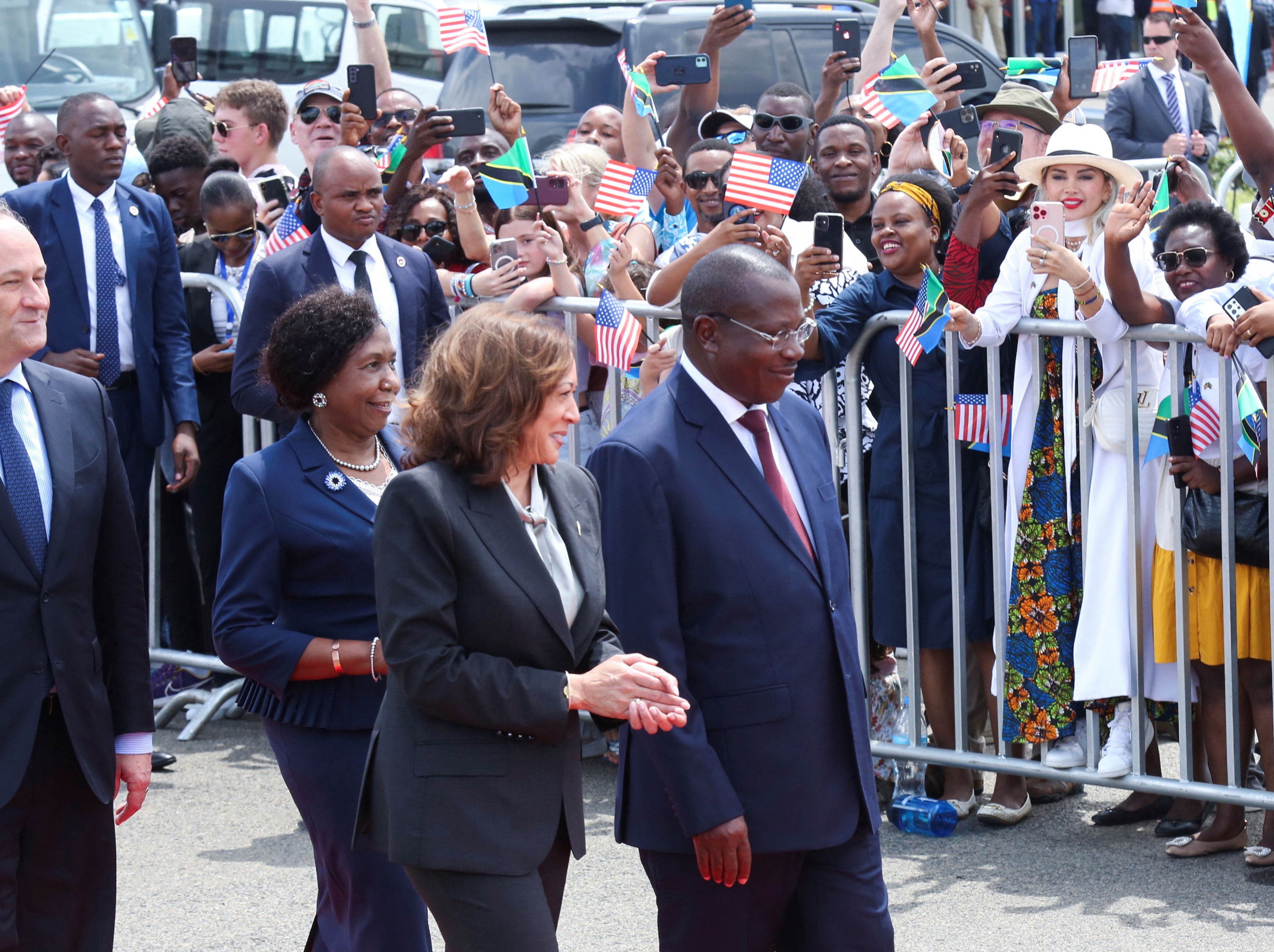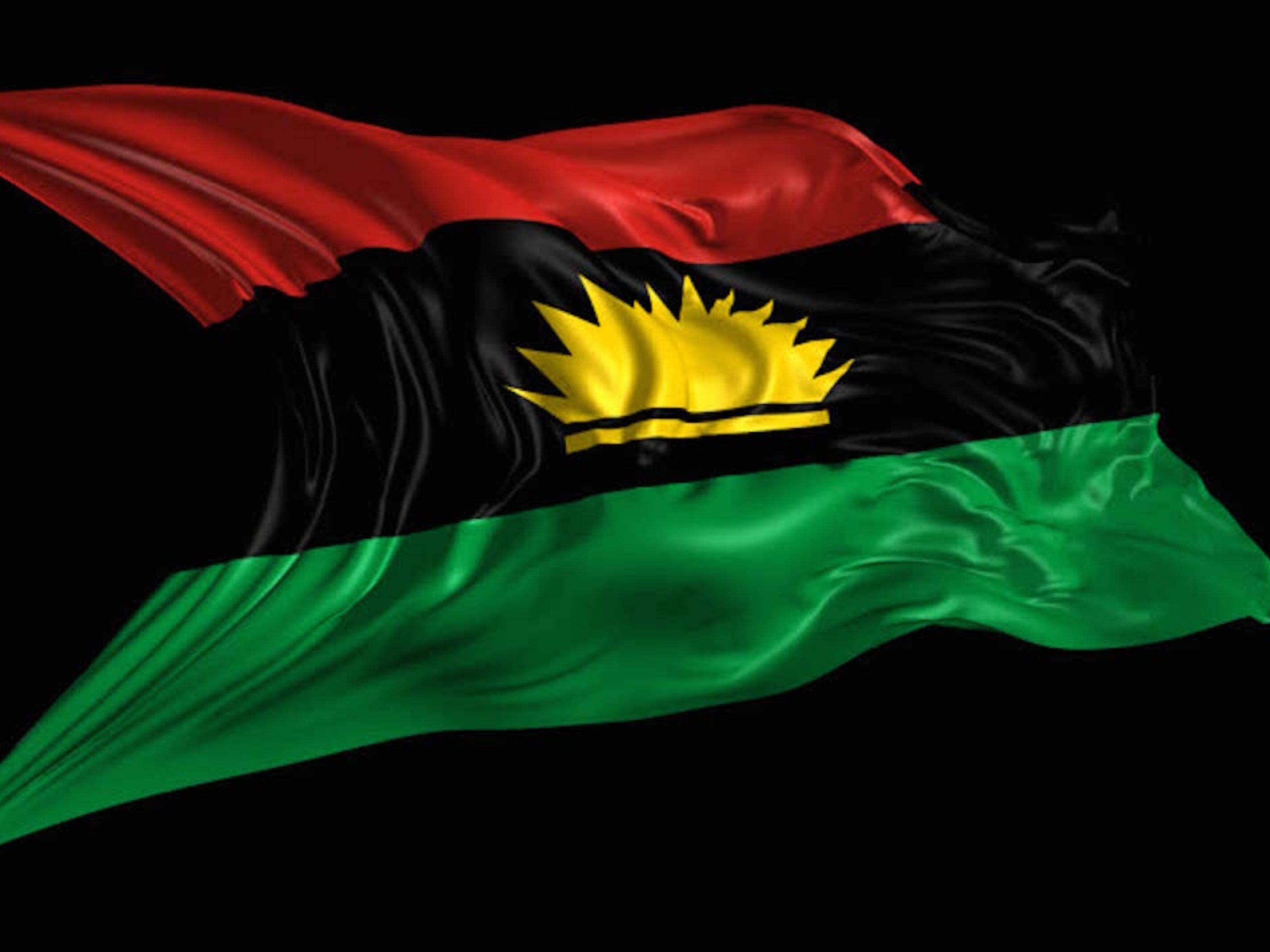Western journalists often approach reporting on Africa with a preconceived bias with little or no evidence of objectivity and impartiality. Although this bigotry is usually on full display during the Western media reporting of African elections, it is during this season their imperialistic bias is mainly shown; they frequently fail to provide balanced coverage that reflects the views and opinions of all stakeholders, including voters, political parties, and civil society groups.
It is also essential to recognise the historical context of Western media coverage of African politics, which stereotypes, oversimplification, and a lack of nuance have often characterised. The influence of Cambridge Analytica in previous Nigerian elections and the silence of the Western media on this issue, and many others, will be explored and used to highlight a significant problem with the coverage of African politics. This article will also examine the Nigerian elections, the role of Western media, and the implications of their complicity in perpetuating the imperialist agenda.
The Influence of Foreign Polls
Western foreign journalists’ role and influence on African elections have long been a subject of debate and concern. One of the most significant aspects of this influence is the dissemination of foreign polls, which often attempt to predict the outcome of elections. Critics argue that these polls can impact voter preferences, public opinion, and even election outcomes, shaping the political landscape to align with Western interests and undermining the democratic process.
For instance, in a poll conducted for Bloomberg News by San Francisco-based Premise Data Corp on who will emerge as the winner in the 2023 Nigeria Presidential Elections, the results reveal that Peter Obi of the Labour Party (LP) would triumph. However, the poll’s result was shrouded in controversy, with some saying it didn’t adequately account for all relevant factors.
Not long after, the Fitch Solutions and Country Risk Research Report poll showed that Bola Tinubu of the All Progressive Congress (APC) would be declared the winner of the Presidential Election if the elections were held during that period. But, interestingly, the Political Africa Initiative (POLAF) results of its poll revealed that Atiku Abubakar would be declared the winner of the election.
The variance of the results of the polls conducted only suggests inaccuracies in the reports. Several questions come to mind: What was the polling sample size? What was the method of polling? How were they selected? What was the margin of error used in the final computation? All of these have a significant impact on the eventual outcome. If the variables above are considered, there would be fewer chances of errors in the polls. Of course, there are no accurate polls in the world as they are only pointers to what’s expected, which is foolproof. However, with the contrasting results of the International polls about the Nigeria 2023 Presidential Elections, it is rational to assume that many of the elections were ‘probably’ compromised to push a narrative to suit their hidden agenda.
The Hypocrisy of the Foreign Media – Looking at Recent Events
Cambridge Analytica is a now-defunct British political consulting firm specialising in data analytics, strategic communication, and political consulting services. The company was founded in 2013 and gained international attention in 2018 when it was revealed that it had harvested data from millions of Facebook users without their consent. It used that data to influence political campaigns, including the 2016 US presidential election.
In Nigeria, the ruling party hired Cambridge Analytica, the All Progressives Congress (APC), to provide consulting services for the 2015 general elections. The company used data mining and profiling techniques to identify potential voters, target them with political advertisements and messaging, and advise the party on campaign strategy.
It was well-known among Western journalists that the company was deeply involved in this questionable political process and that its tactics raised severe concerns about the influence of data-driven political consulting in elections. However, Cambridge Analytica’s involvement in the Nigerian elections received very little coverage in the Western media from outlets such as The Guardian, The New York Times, and the BBC. Only after the scandal involving the company’s role in the 2016 US presidential election broke did the Western media start to discuss and highlight the dangers of Cambridge Analytica to democracy and the democratic process in its entirety.
The Foreign Media and the Push of an Imperialist Agenda
The imperialist agenda of Western foreign journalists and media outlets during African elections cannot be ignored. By selectively covering stories, promoting specific candidates, and employing biased polling methods, these media entities can further their interests and perpetuate historical power dynamics. The case of Cambridge Analytica serves as a cautionary tale, demonstrating the need for vigilance and accountability in the face of foreign influence on African elections.
Elections are only sometimes free of hiccups. And, of course, there are no perfect elections in the world. While this is no justification for electoral malpractices or non-compliance with electoral guidelines, reports in the foreign media on the electoral processes in Nigeria are embarrassing. In the recently concluded 2023 Nigeria General Elections, the foreign press developed several baseless damning reports that could create instability in Nigeria.
The question is, looking at the history of the West across Africa and the recent Election shenanigans in many Western nations, how have they somehow managed to become Nigeria’s moral watchdog and conscience? It’s imperative to mention that Nigeria has internal mechanisms to address issues arising from electoral proceedings. It’s, therefore, hypocritical of the foreign media to paint Nigeria in a bad light when elections in their own countries are no better. While some may argue that the presence of the foreign press lends credibility to the election, this is not supported by any empirical evidence, considering their compromising actions over the years.
The Importance of Strengthening African Media and Democratic Institutions
As the influence of Western foreign journalists and media outlets on African elections becomes increasingly apparent, African nations need to take steps to strengthen their own media and democratic institutions. This can help to counterbalance the impact of external forces and ensure that the democratic process remains grounded in the voices and concerns of the local population.
Fostering Independent and Diverse Local Media
One of the most effective ways to mitigate the impact of foreign media is to promote the development of strong, independent, and diverse local media outlets. By providing accurate, balanced, and contextualised news and analysis, local journalists can offer an alternative perspective to Western media. This can help to ensure that voters have access to a wide range of viewpoints and that political discourse is rooted in the realities of the communities it affects.
Encouraging Media Literacy and Critical Thinking
In addition to fostering a robust local media landscape, African nations must promote media literacy and critical thinking among their citizens. By teaching individuals how to evaluate the credibility of different sources, discern bias, and think critically about the information they encounter, countries can empower their citizens to make informed decisions and resist manipulation by external forces.
Strengthening Democratic Institutions
Finally, African nations must continue strengthening their democratic institutions, including electoral commissions, the judiciary, and civil society organisations. By ensuring that these institutions are independent, transparent, and accountable, countries can create a political environment resistant to foreign influence and manipulation.
In conclusion, while the imperialist agenda of Western foreign journalists during African elections is a cause for concern, the aforementioned are steps that African nations can take to counteract this influence. By promoting a vibrant local media landscape, encouraging media literacy and critical thinking, and strengthening democratic institutions, African countries can work towards a more equitable and genuinely democratic future.
Moving Forward: Addressing the Role of the Western Press
To counter the collaboration of the Western press in the undue influence of actors like Cambridge Analytica, it is crucial to promote independent, diverse, and responsible journalism that accurately reflects the realities of African politics. This includes holding the Western media accountable for their coverage and encouraging them to adopt a more balanced and nuanced approach to reporting on African elections.
In addition, African countries must strengthen their democratic institutions, promote transparency, and protect their citizens’ data privacy to prevent undue influence from external actors. By doing so, they can work towards a more equitable and genuinely democratic future, free from the manipulation and interference from home and abroad that continues to plague its political landscape.

